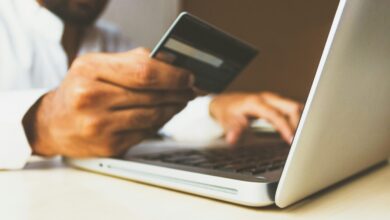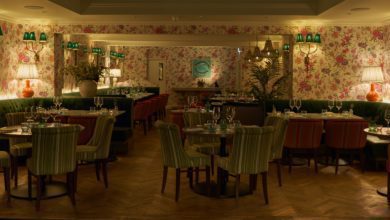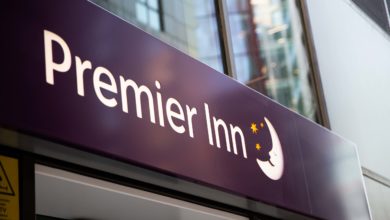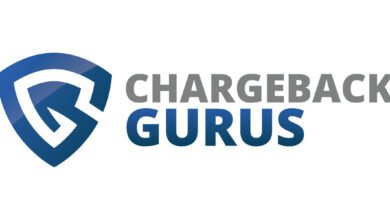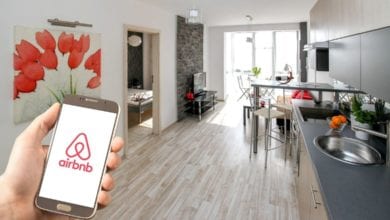How to effectively harness the power of social media
Hotel Owner delves into how hoteliers can best use social media to create brand awareness and successfully advertise to new potential customers
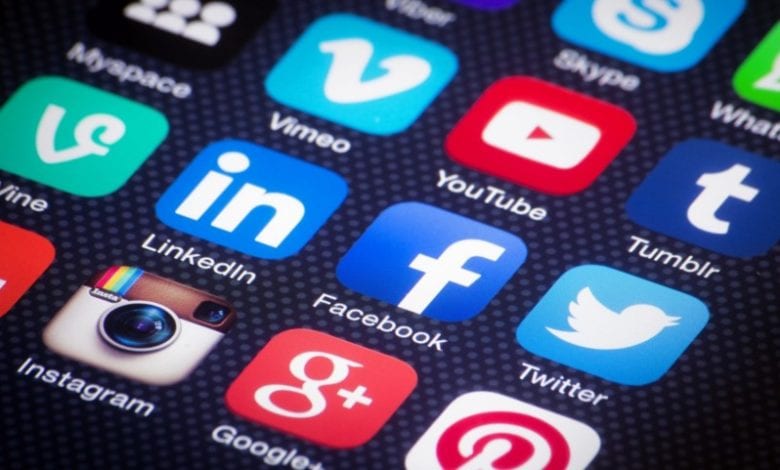
In today’s digital age, social media has become a hugely important tool for businesses across various industries, and hotels are no exception. Hoteliers must be able to take advantage of social media to thrive in a highly competitive market.
However, navigating the complexities of social media marketing requires a strategic approach tailored to the unique needs of the hospitality industry. This is particularly the case for the younger crowd, 40% of Gen Z prefer to conduct research on non-Google platforms, and 90% say their purchase decisions are influenced by social media, according to data from Site Minder.
Hotel Owner discovers the strategies and best practices that hoteliers can employ to maximise presence on social media platforms and leverage them effectively to achieve their business objectives.
Different flavours of social media
To begin, hoteliers must understand the social media landscape and the platforms that are most relevant to their target audience. While Facebook, Instagram, Twitter, and LinkedIn are among the most popular social media platforms, each serves different purposes and demographics. Instagram has more than 1 billion monthly active users, Facebook has nearly 3 billion and Twitter clocks in at 340 million active users.
Instagram, for instance, is highly visual and ideal for showcasing the aesthetics of a hotel, while Twitter is more suited for real-time updates and customer service interactions. By identifying the platforms where their target audience is most active, hoteliers can allocate their resources more effectively and tailor their content accordingly.
Tiktok is also an increasingly popular way for businesses to create brand awareness. According to Statista there are currently more than 900 million active users on the app which has a broader age range of users than most other social media platforms. Many other businesses have been able to leverage the app to create viral moments which increase brand awareness.
Audience interaction
At the heart of any successful social media strategy lies compelling content that resonates with the audience. For hoteliers, this entails showcasing the unique features and experiences that their property has to offer. High-quality visuals play a crucial role in capturing the attention of users scrolling through their feeds. Additionally, user-generated content, such as guest photos and reviews, adds authenticity and credibility to the hotel’s brand and fosters a sense of community among followers.
Social media is not just for broadcasting your hotel and boosting its appeal, it also offers a way to connect with potential customers. Hoteliers should actively engage with their audience by responding to comments, messages, and mentions promptly. Whether it’s addressing inquiries about bookings, providing recommendations for local activities, or simply expressing gratitude for positive feedback, personalised interactions demonstrate a commitment to customer satisfaction and enhance the overall guest experience.
Hoteliers can also create a strong brand identity by asking visitors to tag them in any posts they make about their stay or use certain hashtags. The hotel can offer guests small gifts like vouchers or free drinks if they use them, creating an incentive for engagement.
Hosting contests or giveaways is another great way of getting people talking about your brand while providing incentives for them to participate in activities related to it like sharing posts or tagging friends etc. This will help create buzz around your hotel’s offer while giving something back at the same time.
Influencers
Alongside this, influencer marketing has emerged as a powerful tool for hoteliers to reach new audiences and drive bookings. However, success in influencer marketing requires more than just partnering with celebrities or influencers with large followings; it’s about finding the right influencers whose values align with the hotel’s brand and target demographic. Micro-influencers, in particular, offer a cost-effective way to reach niche audiences with highly engaged followers.
By forging authentic partnerships with influencers who genuinely appreciate the hotel’s offerings, hoteliers can leverage their creativity and credibility to create compelling content that resonates with their audience. Moreover, tracking key performance indicators such as engagement rate, reach, and conversion rate allows hoteliers to measure the effectiveness of influencer campaigns and optimise their strategies accordingly.
Advertising
While simply being active on social media is valuable, hoteliers can further enhance their social media presence through targeted advertising. Platforms like Facebook and Instagram offer robust advertising tools that allow businesses to reach specific demographics, interests, and behaviours at a cost effective rate.
By carefully defining their target audience and crafting tailored ad campaigns, hoteliers can ensure that their content reaches users who are most likely to be interested in booking a stay. Whether it’s promoting special offers, seasonal packages, or upcoming events, targeted advertising enables hoteliers to maximise the return on their marketing investment and drive conversions effectively.
Using targeted ads on social networks like Facebook allows hotels to reach potential customers who may not be aware of their business yet but are likely interested in what they have to offer based on demographic information such as age range, interests or location.
Moreover, retargeting campaigns allows hoteliers to re-engage users who have previously visited their website or interacted with their social media content, thereby increasing the likelihood of conversion.
Like all things, effective social media marketing requires continuous monitoring and analysis of performance metrics to gauge the success of campaigns and identify areas for improvement. Hoteliers should regularly track key metrics such as engagement rate, reach, website traffic, and conversion rate to evaluate the effectiveness of their social media efforts.
By leveraging analytics tools provided by social media platforms or third-party software, hoteliers can gain valuable insights into the preferences and behaviours of their audience and adjust their strategy accordingly. Additionally, A/B testing different content formats, messaging, and targeting criteria allows hoteliers to optimise campaigns for maximum impact. By adopting a data-driven approach to social media marketing, hoteliers can make informed decisions, identify emerging trends, and stay ahead of the competition.





